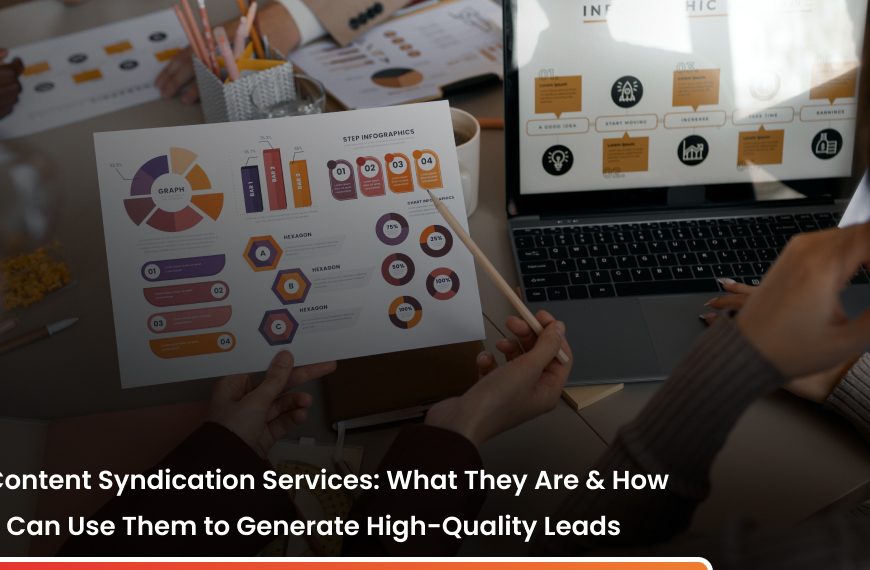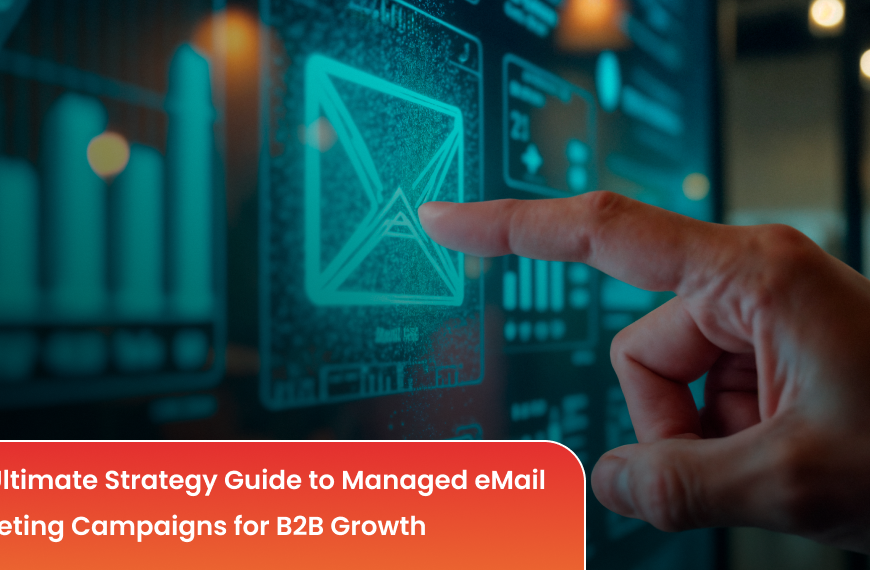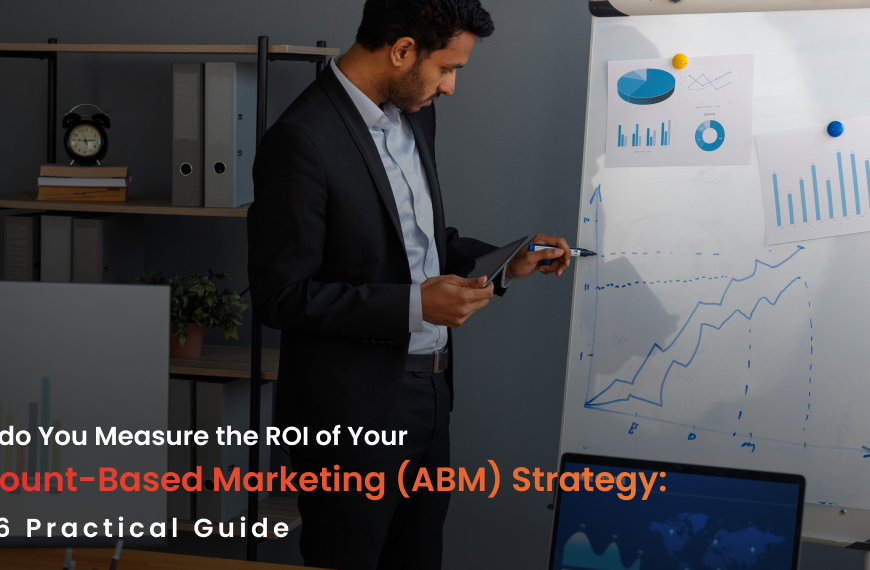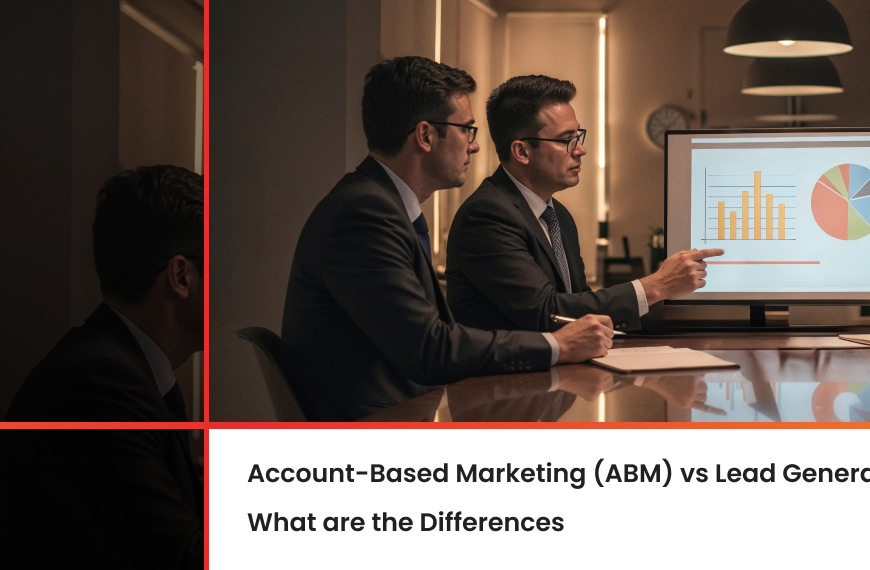Lead nurturing and scoring is crucial for businesses as not all leads are created equal. You might often hear the leads being referred to as “cold,” “warm,” or “hot.” To ensure that a business is not wasting their efforts on a cold or unqualified lead they are required to adopt a process that scores the lead’s level of interest and sales readiness.
Lead Scoring Services
Lead scoring is the process of assigning a score to a lead’s level of sales readiness. Companies use this method to score leads, rank them, and allocate points to define their quality.
Lead scoring assigns values to leads based on their purchasing behavior and likelihood to prefer a product or service. These values vary from company to company but usually categorize the level of interest shown towards a particular company or brand. As a result, the sales and marketing teams can focus their efforts on leads with higher scores or those most qualified.
Moreover, depending on the marketing strategy, a brand may choose to move to the next category once they have exhausted their efforts on qualified leads.
Following are some important lead scoring terms:
BANT
BANT stands for Budget, Authority, Need, Timeline. These attributes are utilized to define the sales readiness of a lead.
Explicit Data
Explicit data is information that a customer provides, which, in contrast to other types of data, is not open to interpretation. For example, details such as title, company, industry, and company size fall under explicit data.
Implicit Data
Implicit data is data that reveals the customer’s online behavior such as pages visited and the frequency of such visits.
Multiple Scoring
Multiple scoring allows a business to allot more than one score to a lead. This is useful for companies with various products or campaigns that have to be managed separately.
Product Score
Product score indicates a lead’s level of interest in a particular product. Moreover, the company can create multiple product scores, one for each product they offer.
Sales-Ready Leads (SRLs) or Marketing Qualified Leads (MQLs)
Sales-ready lead score lets the sales team identify which leads are “hottest” and ripe for sales interaction. Higher sales-ready scores indicate that the lead is ready to make a purchase, so the sales team should approach and nurture them through the sales cycle.
The Benefits of Lead Scoring
Lead scoring is beneficial to any lead nurturing program. Some customers are more prepared than others throughout the buying cycle. The sales and marketing teams must recognize which leads are most willing to make a purchase and nurture them accordingly. For this reason, lead ranking is essential for ascertaining lead quality that improves sales, marketing efforts and productivity. Focusing on leads that have low value in lead ranking system causes wastage of valuable resources of your business. So, it is better to head wisely and smartly with a proper lead ranking strategy to ultimately leverage business engagement and boost sales.
General FAQ
What Is Lead Scoring?
Lead Ranking is the process of assigning a score to a lead’s level of sales readiness.
Lead Ranking is the process of assigning a score to a lead’s level of sales readiness.
Which Are Important Lead Scoring Terms?
BANT stands for Budget, Authority and Timeline. Explicit data, Implicit data, Multiple scoring and Product score.
What is The Benefits of Lead Scoring?
Lead scoring is essential for ascertaining lead quality that improves sales, marketing efforts and productivity.






















